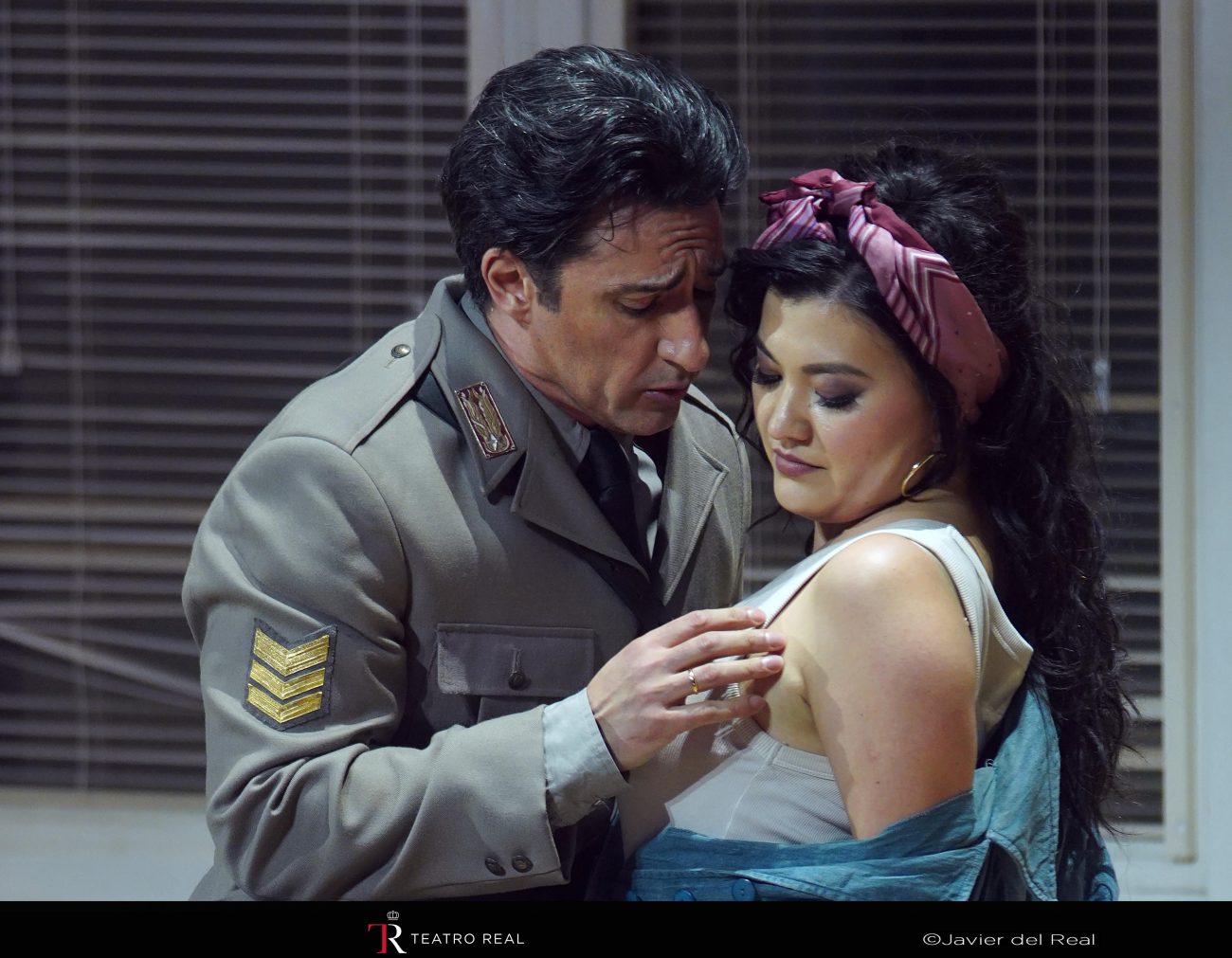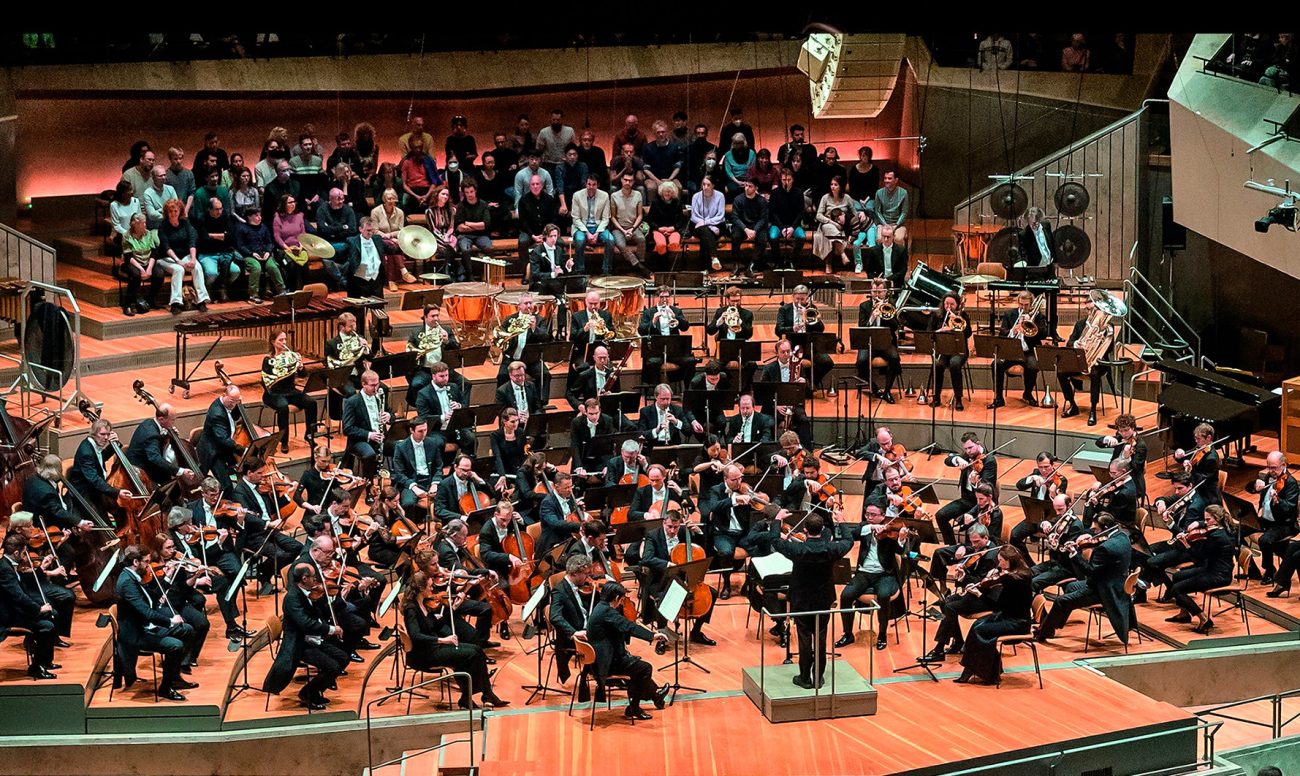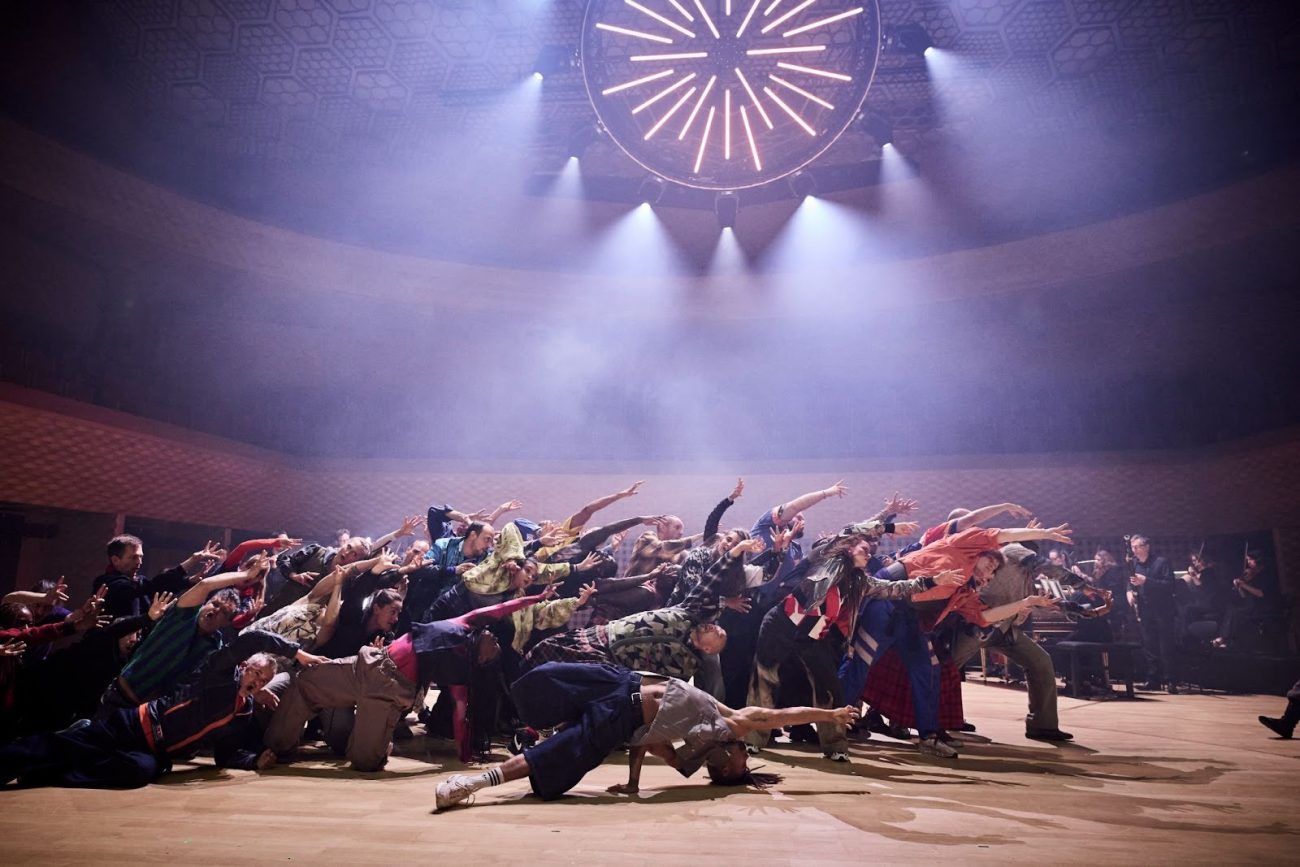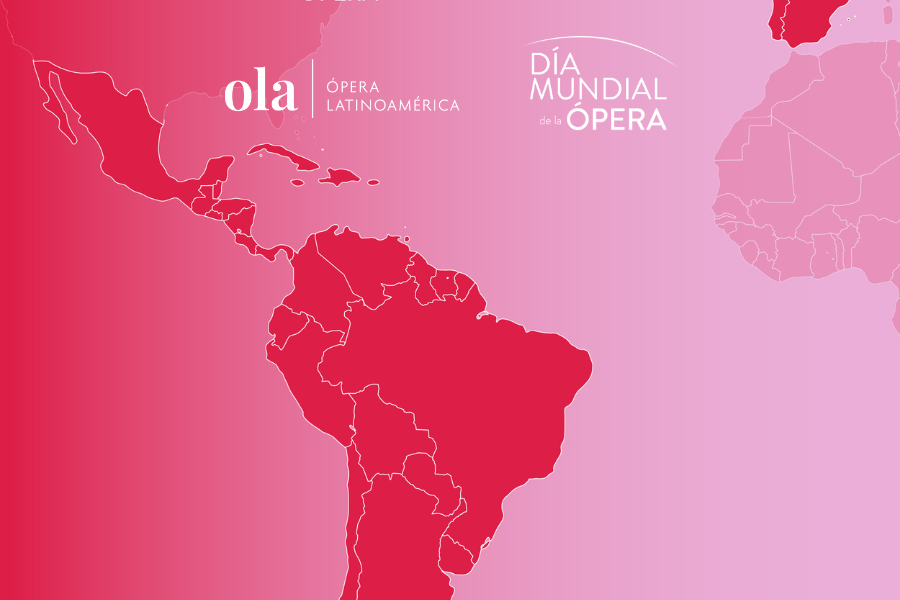Foro Fundraising: El viaje del filántropo de la English National Opera
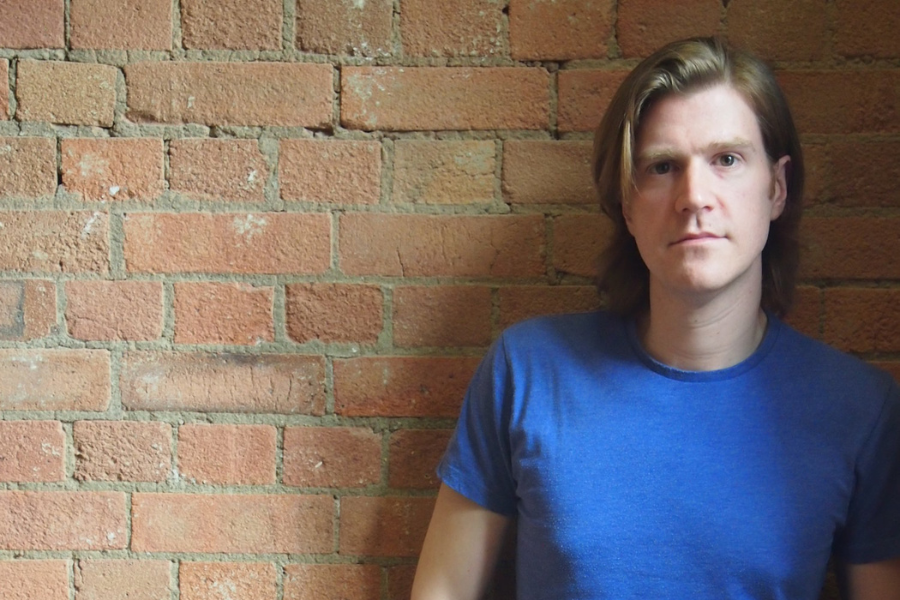
El pasado miércoles 12 de octubre se realizó una nueva sesión de los Foros digitales de OLA. En esta oportunidad el tema que nos convocó fue la recaudación de fondos o Fundraising, y contamos con la exposición del director de Filantropía de la English National Opera (ENO) Dominic Haddock, quien nos presentó el trabajo que realizan en la tarea de captación de filántropos. Desde la prospección hasta el cultivo, la entrega de obsequios, la administración y el legado conocimos el viaje del Filántropo de la ENO.
La English National Opera (ENO), fundada en 1931 es una de las 2 compañías de ópera principales de Londres ubicada en el teatro Coliseum. A continuación resumimos los principales puntos de la conversación.
Prospectar
Al momento de prospectar a un nuevo donador, hay 3 palabras claves: Capacidad, Propensidad y Afinidad. La primera se refiere a la capacidad económica de la persona para dar un regalo o donación a la organización. Propensidad tiene que ver con la disposición de la persona a hacer donaciones y finalmente afinidad tiene relación con el amor por lo que haces, ¿Ama la ópera o lo que la organización realiza?
Este punto requiere de una investigación profunda que no tiene que ir más lejos que a la propia base de datos de la audiencia que visita el teatro. Investigar quienes son, quienes son los que participan con más frecuencia, quienes compran las entradas más caras, de dónde vienen (comunas, códigos postales de zonas acaudaladas). Otro lugar para buscar potenciales donadores es a través del directorio. Ellos probablemente conocen gente que cumple con los 3 requisitos mencionados y serán buenos embajadores de la misión de la organización.
Cultivar
La relación con el filántropo o donador requiere de cuidado y mantención. Hay un sin fin de formas de mantener la relación con donantes o filántropos, donde la intención u objetivo es simplemente conocerlos y que conozcan mejor la organización, para eso hay un sin fin de acciones posibles como por ejemplo eventos para que conozcan la temporada, charlas, escribir notas a mano, invitarlos a un café, etc. Esta etapa es lenta y lleva tiempo. Cuando se generan reuniones es importante escuchar. Para conocer los intereses del potencial o ya donante y poder invitarlo a donar a proyectos o áreas que resuenen con sus intereses y pasiones.
Al momento de pedir el regalo o donación se recomienda no pedir muy poco. Hay investigaciones que dicen que un filántropo se quedará en el nivel de la primera donación que haga, por lo que hay que ser ambicioso en la primera petición. Otra recomendación es tener categorías de donación para distintos niveles de filántropos. En este punto Dominic no recomienda tener muchas categorías pues eso también genera más trabajo e inversión de recursos por parte del teatro. Con 3 categorías, que proporcionen distintos niveles de aporte es suficiente.
Stewarding / acompañamiento
Al igual que las categorías, no se recomienda tener muchos beneficios para los filántropos porque genera una carga laboral que en algunos casos no se ve reflejada en el retorno. No prometas mucho y asegúrate de cumplir con lo que prometes. Hay muchas acciones que se pueden sumar a esta etapa como por ejemplo, sorprender al filántropo con una nota del director musical, o una invitación a un café con el director de escena, o eventos que incluyan a 20 filántropos para conocer al elenco.
Legado
recibir una donación de alguien que muere (herencia). Es un proceso que puede llevar alrededor de 11 años entre que haces la pregunta y recibes la donación. A aquellos filántropos que deciden dejar un legado, reciben el mismo cuidado y atención que cualquier filántropo en vida. En la ENO saben que puede ser un tema delicado, por lo que en vez de hacer preguntas directas, plantean la pregunta de forma indirecta a través de la revista que tienen. O hacen reconocimiento destacando en una pared los nombres de quienes han dejado regalos o donaciones. Si fue por un aporte a un proyecto específico, resaltan eso. Otra estrategia es realizar eventos donde dan asesoría legal para dejar legados.
Sobre el Foro de Fundraising de OLA
El Foro de Fundraising de OLA es un espacio creado para conocer y profundizar en estrategias de captación de fondos, compartir experiencias desde sectores privados, públicos y mixtos así como también en la investigación de instrumentos y fondos que aporten a la sostenibilidad de los teatros de la red.
En ediciones anteriores hemos contado con la participación de Marisa Vázquez-Shelly, Directora de Patrocinio Y RRII del Teatro Real de Madrid y Helena Roca, Directora de Patrocinio, Mecenazgo y Eventos del Gran Teatre del Liceu de Barcelona. Así como también con Dan Cooperman, Chief Advancement Officer de Ópera América.
Sobre el expositor
Dominic Haddock es un especialista en recaudación de fondos de ópera y música clásica con experiencia en producción. Es director de Filantropía en la Ópera Nacional Inglesa, donde dirige un equipo que gestiona donaciones anuales y de proyectos de donantes importantes y de nivel medio; el programa American Friends of ENO; y entrega de legado. Dominic fue anteriormente Jefe de Desarrollo en English Touring Opera y en Spitalfields Music, Londres.


